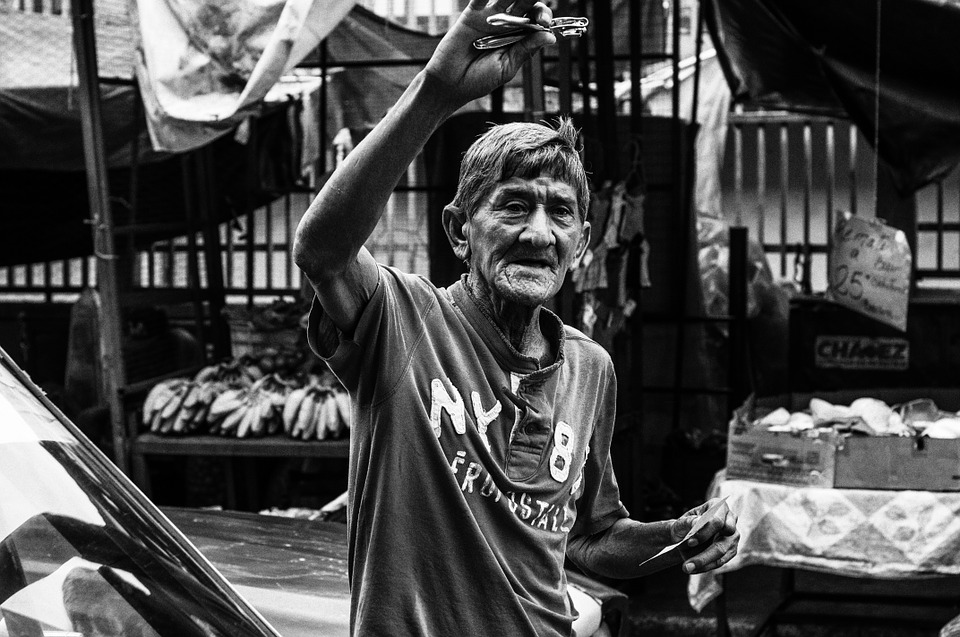
The Venezuelan people continue to struggle and suffer under the weight of severe socialist policies—facing increased poverty and hunger, swelling suicide rates, and widespread social unrest.
Yet even as its president admits to a nationwide economic emergency, the government continues to celebrate the very drivers behind the collapse, blaming low oil prices and “global capitalism,” instead.
Meanwhile, amid the turmoil and desperation, Venezuela’s local capitalism is beginning to emerge as a solution to the woes of socialism. According to Patricia Laya at Bloomberg, the country is seeing a renewed movement of ground-up creativity and experimentation geared toward rebuilding after the destruction of top-down control and mismanagement.
“Hyperinflation and scarcity have the Bolivarian revolution’s socialist heart pulsing with entrepreneurship,” writes Laya. “Desperate citizens are eking out a living with ventures such as digging home water wells, bartering bananas for haircuts and transporting commuters in animal-cargo trucks. The economy’s erosion has created markets and market players where none existed.”
Laya highlights several of the country’s burgeoning black-market entrepreneurs, many of whom repair or restore broken or used goods and resell them for a profit. Although the government hoped to snuff out independent industry, the effect is quite opposite. As economist Omar Zambrano explains in the article, “This Draconian effort to expand the state’s influence over any and every circle of life and business has created a black market for everything it touches.”
For Yessica Vaamonde and her husband, Jose Ramirez, an opportunity was found in repairing damaged light bulbs. Vaamonde now spends her days walking through the slums of Caracas collecting bulbs and bringing them back to her husband, who repairs up to 50 per day and turns them for a profit. “I had to improvise in this crisis,” says Ramirez. “Many people today have to pick food over buying things like lightbulbs. I do things well, and I help them afford a good product that will last.”
For Yhoan Guerrero, the economic collapse meant leaving his job as a paramedic to repair tires, which paid much better. But more than the money, much like Vaamonde and Ramirez, Guerrero is finding new meaning and purpose in developing a new solution to a community problem. He’s meeting real human needs with his own initiative, creativity, and capacity:
Noticing the rising price of car tires, the father of one learned to sew, patch, fill and shape busted tires and now makes almost four times as much. He calls the process “complete tire surgery.”
“We save people around here,” said Guerrero, his hands darkened with grease and rubber, while using his weight to pry a tire from its rim. “With the country being how it is, no one can afford a new tire. I’ve built a loyal clientele in the past seven months. They want no one else touching their tires.”
…Often people will come in begging for a cheap fix, he said. In those cases, he’ll fill their tires with plastic foam and melt it with gasoline; other times he’ll use sawdust and liquid soap. “It gets them moving again.”
Far from being crushed by the decades-long abuses of an oppressive socialist regime, Venezuela’s emerging entrepreneurs are demonstrating the real solution to economic scarcity and social desperation: human ingenuity creativity freely expressed in the service of others.
In doing so, these entrepreneurs remind us, yet again, of the inherent, God-given dignity and creative capacity of the human person. These are features that exist and endure, not fading or deteriorating according to the economic, social, and political dysfunction that surrounds us.
No matter how much our governments and economic institutions may fail, those basic human attributes and gifts remain, and the human calling to create and serve will eventually reawaken and renew.
“Most Venezuelans didn’t have to struggle to make it because they lived off of oil for a very long time,” says historian Tomas Straka, a professor at Andres Bello Catholic University in Caracas. “We’re seeing a new phenomenon under the worst of circumstances.”
Read the full article here.

